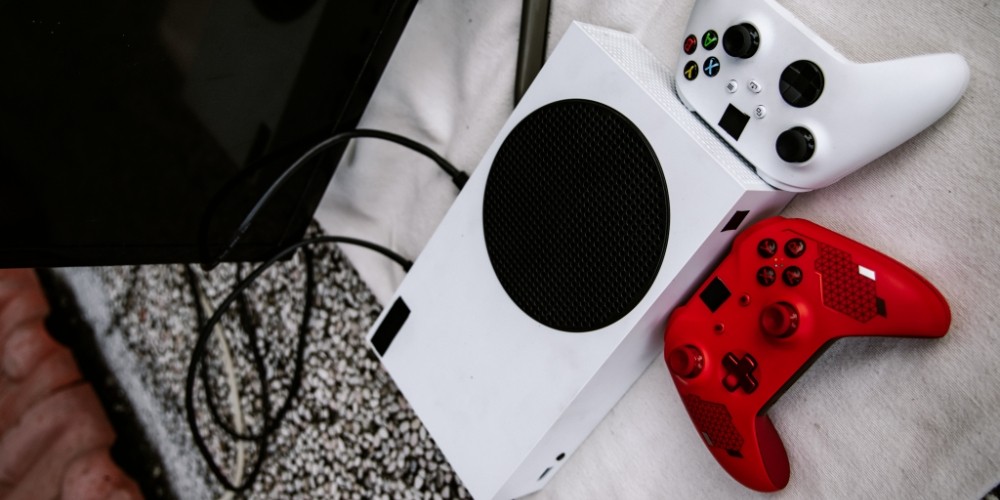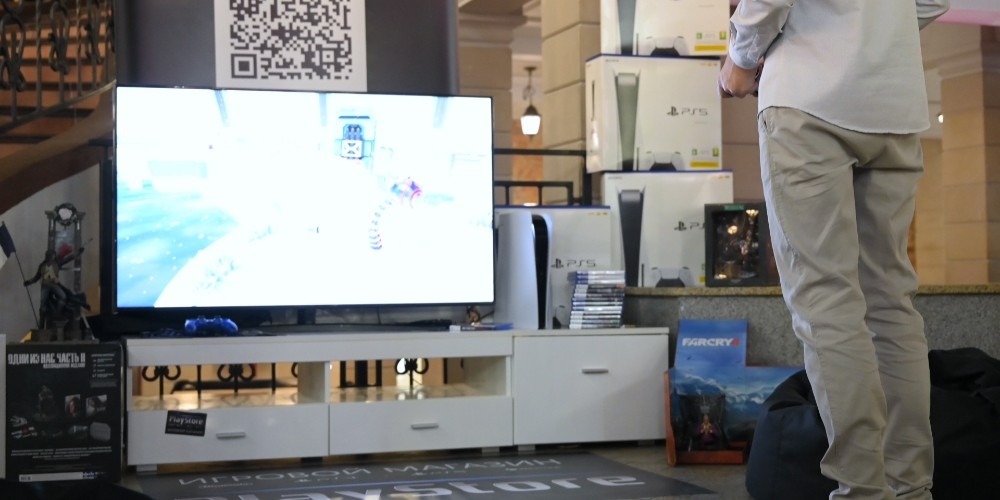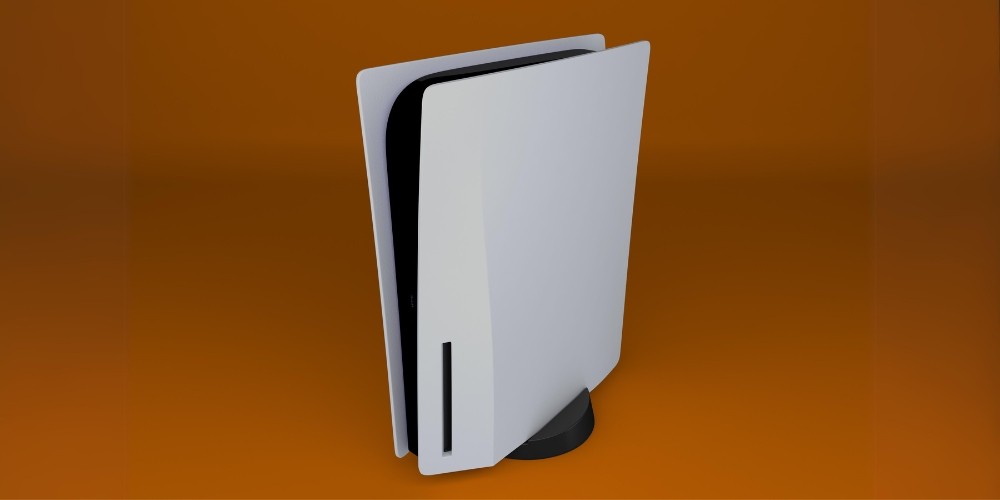
The rivalry between Sony and Microsoft in the gaming console industry has always been fierce, pushing the boundaries of video gaming to new heights. With the arrival of the PlayStation 5 (PS5) and the Xbox Series X, this competition has escalated, offering gamers next-gen consoles that promise revolutionary gaming experiences. This comprehensive review delves into the specifics of each console, comparing their hardware, game libraries, exclusive titles, user interface, backward compatibility, and much more to offer a deep insight into what each platform brings to the gaming table.
The Dawn of a New Era: Introduction to Next-Gen Gaming
The release of PS5 and Xbox Series X marked the beginning of a new era in console gaming, setting new standards for performance, graphics, and user engagement. Both consoles boast significant upgrades over their predecessors, including custom SSDs for reduced loading times, ray tracing support for more realistic game lighting, and support for up to 8K resolution gameplay. These advancements highlight Sony and Microsoft's focus on enhancing gaming visuals and dynamics.
Hardware Showdown: PS5 vs. Xbox Series X
At the heart of any gaming console is its hardware, which fundamentally defines its capabilities. The PS5 features a custom RDNA 2 GPU from AMD that provides 10.28 TFLOPs of power across 36 compute units and an 8-core AMD Zen 2 CPU. In contrast, the Xbox Series X steps ahead slightly in terms of raw power, with a custom RDNA 2 GPU providing 12 TFLOPs across 52 compute units and the same 8-core AMD Zen 2 CPU.

Both systems employ custom SSDs, with the PS5's SSD being slightly faster on paper, promising to revolutionize game loading times. The PS5 offers an 825GB SSD, while the Xbox Series X comes with a 1TB SSD, though both provide options to expand storage.
Nonetheless, these numbers only paint part of the picture. Real-world performance and gaming experiences depend significantly on optimization and the developers' ability to leverage the hardware, where both consoles shine impressively.
Game Libraries: Exclusive Titles and Third-Party Support
A console's appeal lies in its hardware and the games it offers. Sony and Microsoft have invested heavily in exclusive titles that showcase the capabilities of their respective consoles.
For PS5, games like "Demon’s Souls," "Ratchet & Clank: Rift Apart," and "Spider-Man: Miles Morales" offer immersive experiences that blend fast load times, stunning visuals, and unique gameplay features like adaptive triggers on the DualSense controller. On the other hand, Xbox Series X counters with exclusives such as "Halo Infinite," "Forza Horizon 5," and "Fable," promising rich narratives and cutting-edge graphics. The Xbox Series X also benefits greatly from Microsoft's acquisition of Bethesda, adding anticipated titles like "Starfield" to its exclusive lineup.

Moreover, both platforms support a wide range of third-party titles, ensuring gamers have access to a diverse library of games beyond platform exclusives.
User Experience: Interface and Features
The PS5 introduces a revamped user interface that prioritizes content discovery and smooth navigation, integrating features like the PlayStation Store directly into the home screen. Its new "Activities" feature allows players to jump into specific parts of games directly from the menu, enhancing user engagement.

Conversely, Xbox Series X maintains a consistent user experience with its predecessor, focusing on refinement rather than overhaul. Its interface is familiar to Xbox One users, offering a seamless transition with improvements in speed and functionality. A notable feature is the Quick Resume, allowing players to suspend and swiftly switch between multiple games, significantly enhancing multiplayer gaming sessions.
Backward Compatibility and Future-Proofing
Both Sony and Microsoft understand the value of their vast game libraries from previous generations. The PS5 offers backward compatibility with the majority of PS4 titles, ensuring a smooth transition for PlayStation fans.
Xbox Series X goes even further, supporting games from the original Xbox, Xbox 360, and Xbox One, showcasing Microsoft's commitment to preserving gaming history and offering its community a vast library spanning decades.
Conclusion: Picking the Right Console for You
The decision between PS5 and Xbox Series X ultimately boils down to personal preferences and priorities. The choice might be straightforward if the allure of specific exclusive titles sways you. However, considerations such as the ecosystem (previous console ownership), anticipated future titles and features like backward compatibility play significant roles.
Both the PS5 and Xbox Series X are powerful machines that push the envelope of console gaming, each with its unique strengths. The PS5 wows with its fast SSD, revolutionary controller, and incredible exclusive games. At the same time, the Xbox Series X impresses with its raw power, extensive backward compatibility, and the value offered by Xbox Game Pass. As developers further harness these consoles' capabilities, the future of gaming looks brighter and more immersive than ever, irrespective of your platform choice.
In conclusion, the next-gen console war between PlayStation 5 and Xbox Series X isn't just about hardware specifications or exclusive games. It's about the experiences they offer, the communities they foster, and how they push the boundaries of what video games can be. As such, both consoles stand as testaments to the evolution of gaming, making it a thrilling time to be a gamer.